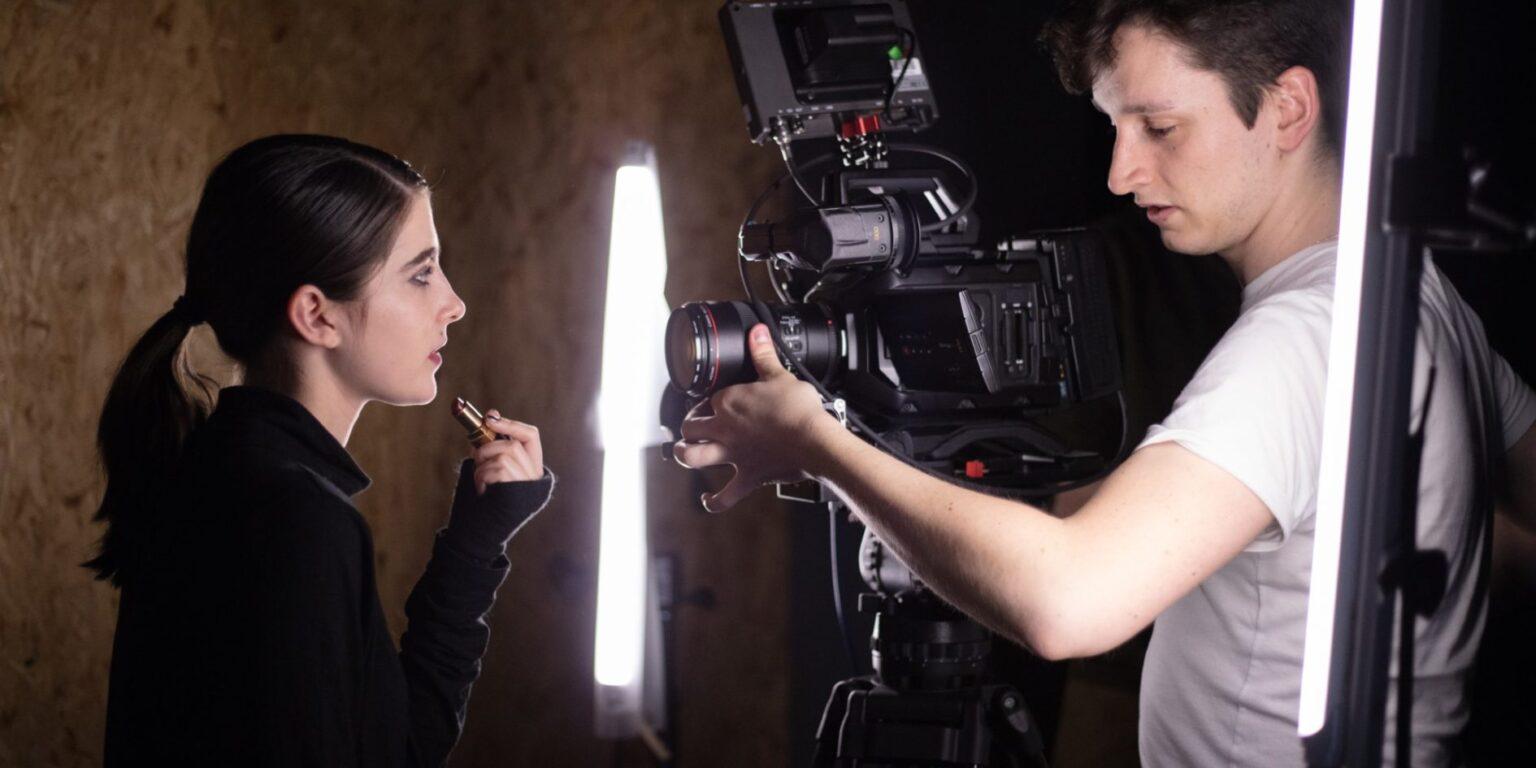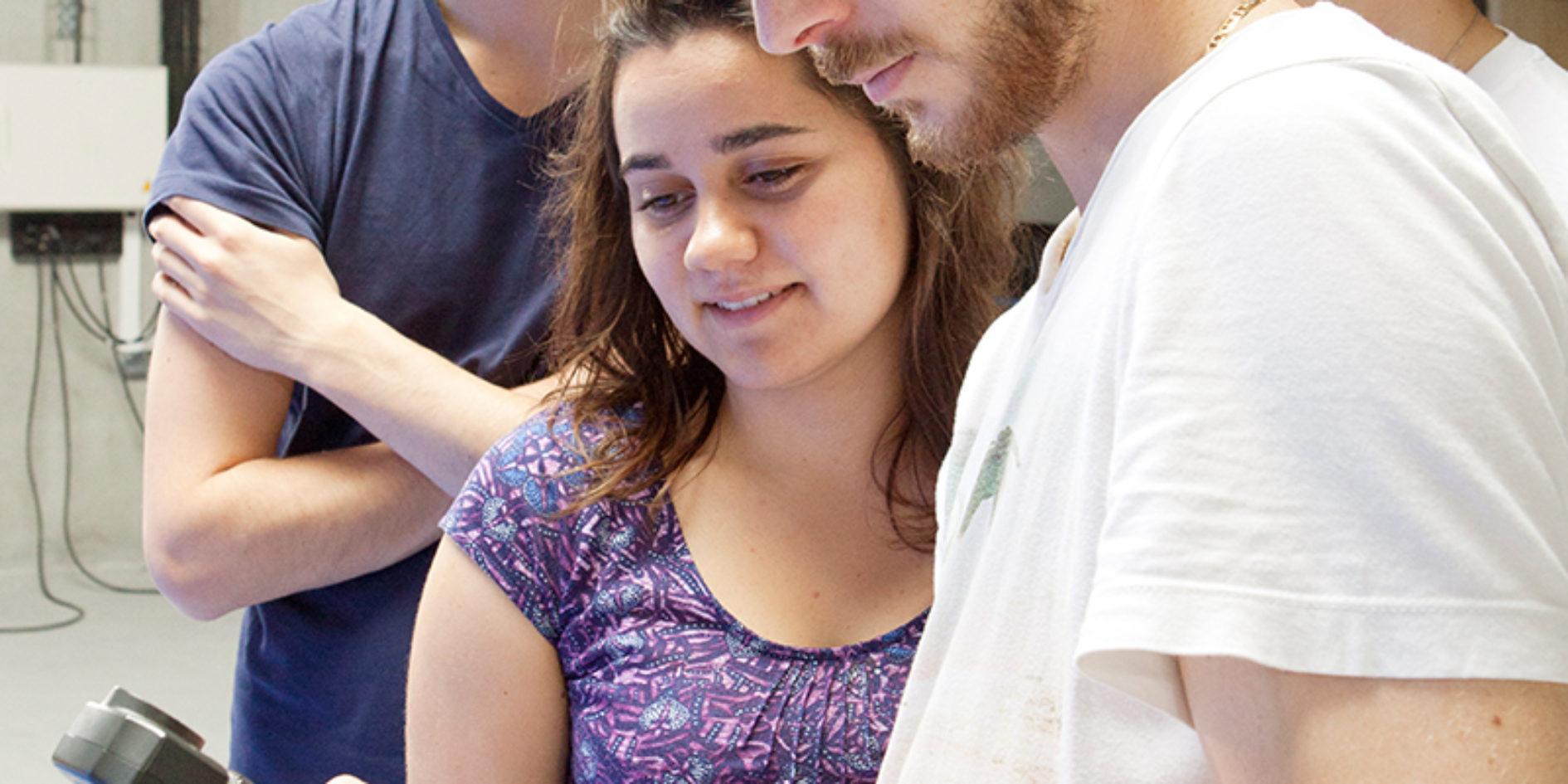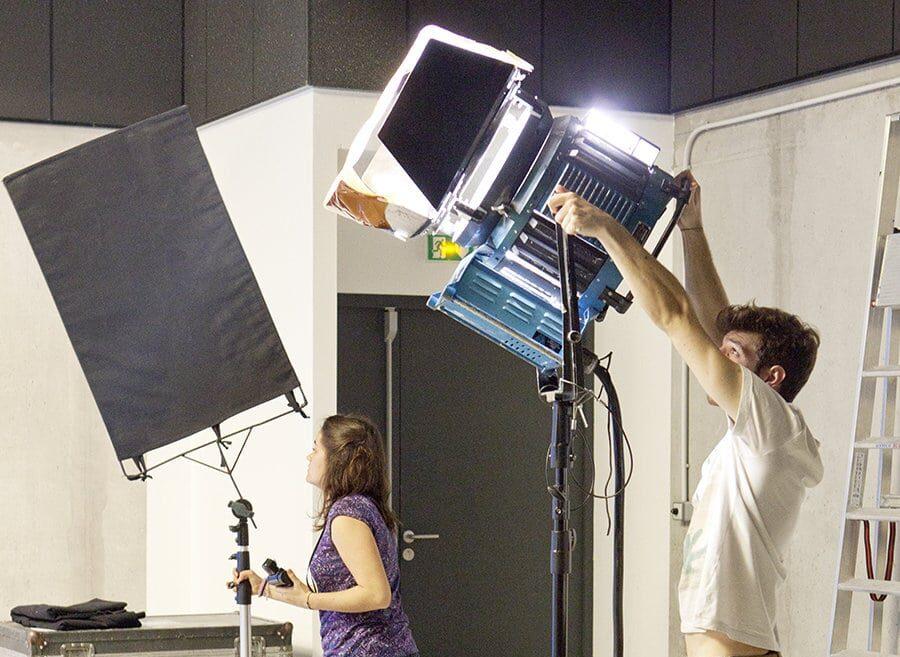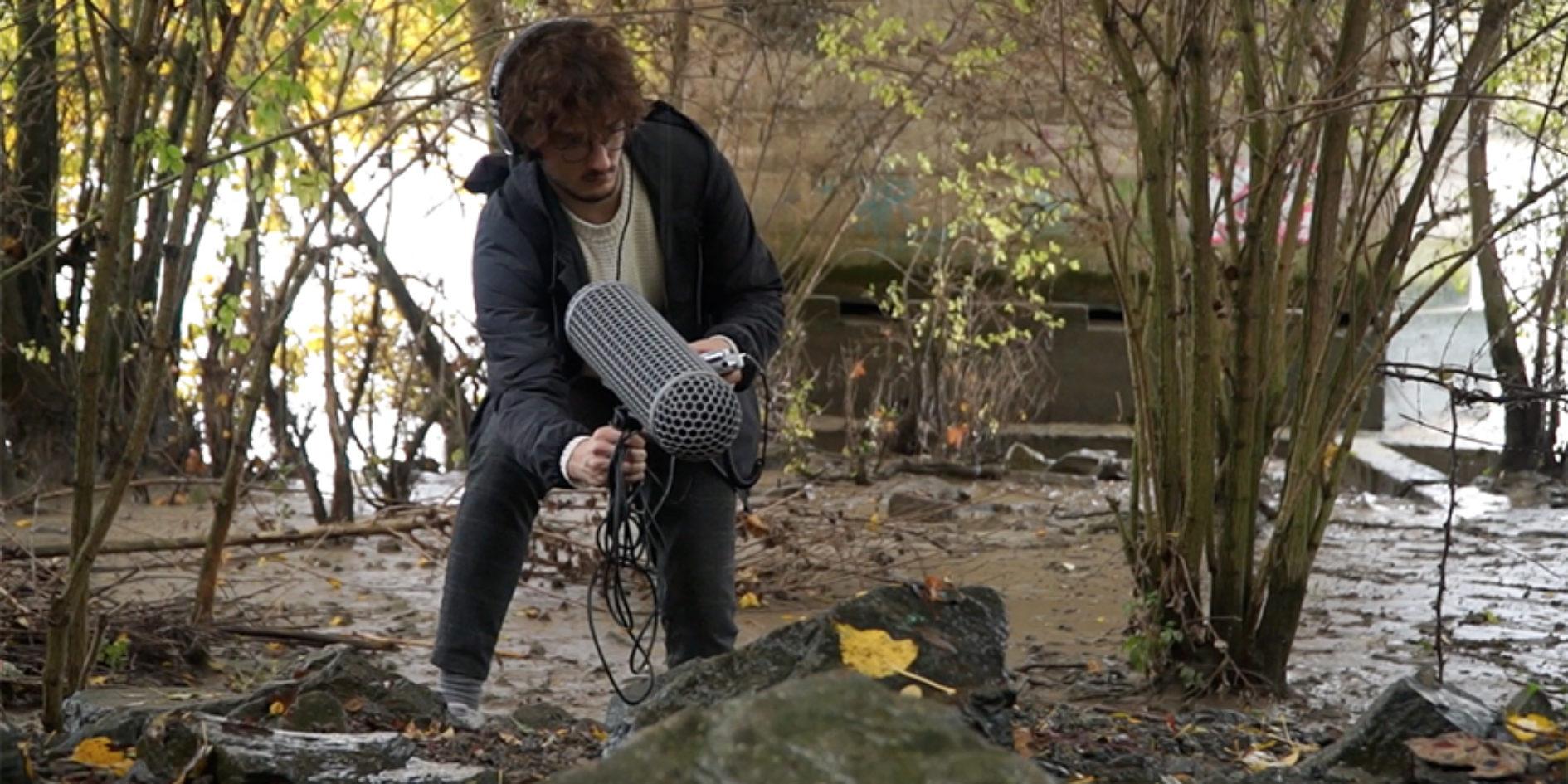How to become a cameraman?

In television or cinema, the cameraman (or camerawoman) is in charge of framing the image, thanks to his control of the camera movements.
He or she works under the direction of the chief operator and follows the director’s instructions.
Here’s what you need to know about this occupation, the training and skills required, and the main job opportunities.
The cameraman’s role and missions
The cameraman is a technician in charge of framing images. This means that he defines the limits of the visual field recorded by the camera. He or she works in accordance with the instructions given by the chief operator and the director of the production.
When shooting, he or she follows the actors, anticipates their movements, varies the shots (three-quarter shot, wide shot, etc.) and ensures both the stability and sharpness of the image.
His missions
When he works on big productions, the cameraman is usually assisted in his duties by one or two collaborators (assistant operators). This is the case in cinema.
In addition, for television or video productions with smaller crews, his job is to produce shots according to the director’s instructions. The work may involve making lighting adjustments and supervising sound recording. He or she receives his or her instructions through a headset.
While the director usually gives precise instructions to the cameraman, he expects him to provide suggestions on the shoot. The cameraman suggests and develops ideas in accordance with editing constraints and the production script.
A role in the editing process
While he is involved and active in the production of the various audiovisual contents, the cameraman also plays a role in the editing process. The cameraman contributes to the splice between shots and between sequences. His or her mission is to ensure that the shots respect the chronological order of the script, as imagined by the scriptwriter.
During a news report, the cameraman often has more freedom. He often works with a journalist and a sound engineer. Here, the journalist gives the main instructions for shots and framing. However, he will gladly rely on the cameraman’s recommendations and experience for the various shots.
This professional of the image and audiovisual field will also be involved in the report editing process, which is why it is important to give him more freedom in his work.
Diplomas and training
To become a cameraman or camerawoman, it is necessary to follow a specific training course in relation to the image industry. Some technical training courses in photography give access to the world of art and images.
Training courses specifically related to these film professions allow to start a career as a cameraman. These trainings are:
- BTS audiovisual professions, with an option in image professions (level Bac + 2);
- Vocational degree in sound and image technology (Bac +3);
- Diploma of Higher Studies in Production (Bac +3);
- Camera operator – video and lighting operator (Bac +3);
- “Audiovisual Director-Creator” RNCP Title level 6, equivalent to a Bac+3 ;
- Master’s degree in Cinema and Audiovisual, directing and creation (Bac +5 or more);
It is absolutely possible to attend a private school to acquire the knowledge and skills necessary to work as a cameraman, such as CinéCréatis (cinema & audiovisual training).
Following a training course is the best way to enter smoothly into the job market of the film and television professions. And to blossom as a professional cameraman.
Skills and required qualities
The cameraman must demonstrate advanced audiovisual technical skills, acquired through specific training related to the image professions. He must of course develop a strong artistic sense.
His / her qualities
Some of the qualities expected of a cameraman include resistance to fatigue, humility and team spirit. You must be able to work in perfect coordination with the production team to perform your job. Also, a methodical approach is required to become a television or film cameraman.
His / her skills
The cameraman must master the techniques specific to his job, especially those involving digital technology. He / she must be able to work both in the studio and outdoors, and be able to adapt to varying working conditions, depending on the shooting location.
In the world of cinema, he or she must also adapt to irregular work schedules.
Careers and professional opportunities
After the studies and training courses previously mentioned, it is possible to start your career as a cameraman for a television channel (local or national), but also for a press agency or a production company.
It can be difficult to get started as a junior cameraman. Therefore, it is a good idea to complete internships and expand your professional projects. For example, to enter the film industry, you will need to have worked as a first assistant on three feature films.
Many cameramen start their careers as assistant operators, just long enough to prove their worth, and take responsibility for the equipment, its installation, its adjustments… They work with all the shooting equipment: camera, monitor, camcorder, etc.
The assistant operator can also work on the lighting (spotlights, projectors, etc.). Cameramen can evolve towards the position of director of photography, or become assistant directors and directors, in fewer cases.
The cameraman’s salary
On average, the salary of a cameraman is 2800€ gross per month.
As a rookie, you can expect to earn about 1200€ gross per week (on average). You will most often work as an entertainment occasional worker, paid on a daily or weekly basis, or even per mission.
It is possible to go through periods of inactivity between two contracts, which can be more or less extended. However, it is also common to work as a cameraman on a permanent contract for a public television company or a private company.
His remuneration will therefore depend on his status (salaried, occasional worker), his tasks and his reputation.





